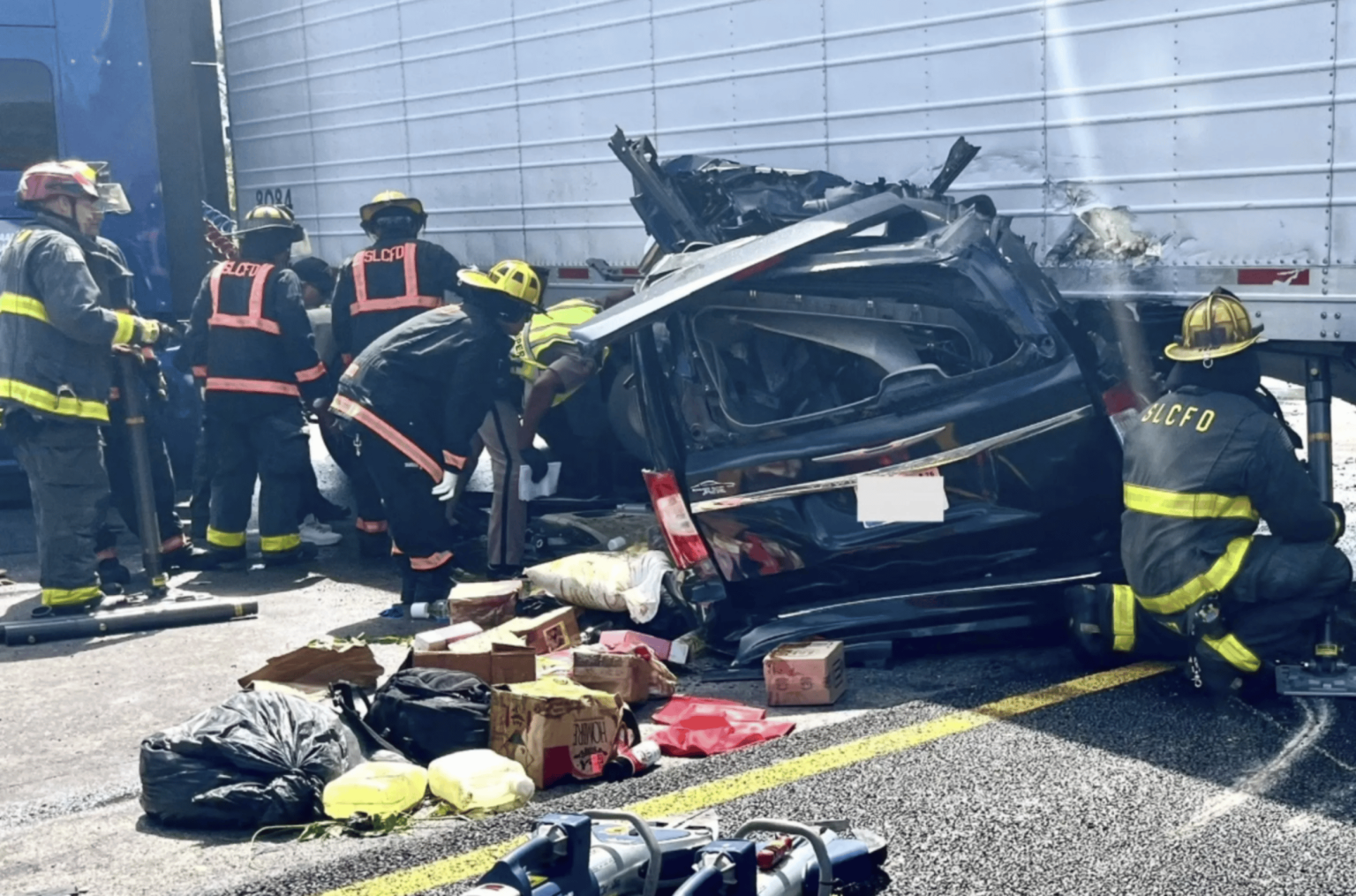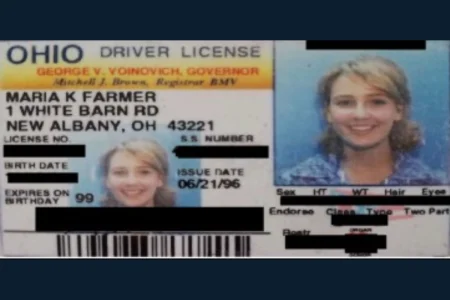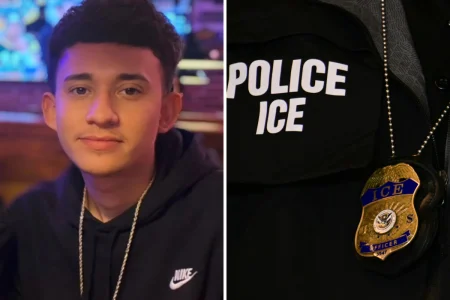Tragic Collision Raises Questions About Immigration and Driver’s Licensing
In a devastating incident that claimed three lives, 28-year-old truck driver Harjinder Singh faces serious criminal charges and potential deportation following a fatal crash in Florida. The accident, which occurred on August 12 near Fort Pierce on the Florida Turnpike, happened when Singh allegedly attempted an illegal U-turn with his tractor-trailer through what authorities describe as an “unauthorized location.” The resulting collision with a Chrysler Town & Country minivan led to the deaths of three Florida residents: a 37-year-old woman from Pompano Beach, a 54-year-old man from Miami, and the 30-year-old driver from Florida City. A Florida judge denied Singh bond on Saturday, and he remains in the St. Lucie County Jail with an Immigration and Customs Enforcement (ICE) hold placed on him.
The case has quickly become entangled in broader political debates around immigration and driver’s licensing policies. According to Department of Homeland Security officials, Singh entered the United States illegally from Mexico in 2018 and later obtained a commercial driver’s license in California. California is one of nineteen states plus the District of Columbia that allows undocumented immigrants to apply for driver’s licenses with proof of identity and state residency. California’s Assembly Bill 60, enacted in 2015, specifically enables this process, though these licenses are marked “not for federal identification.” The circumstances surrounding Singh’s acquisition of a commercial driver’s license have sparked a contentious dispute between federal immigration authorities and California officials, with conflicting claims about his work authorization status at the time his license was issued.
The political dimensions of the case intensified when Florida’s Republican Governor Ron DeSantis sent Lieutenant Governor Jay Collins to California to personally escort Singh back to Florida for prosecution. This unusual step highlights how the tragedy has become a flashpoint in ongoing debates about immigration enforcement and state-level policies regarding undocumented residents. Federal officials have criticized California’s approach, with DHS Assistant Secretary Tricia McLaughlin asking rhetorically, “How many more innocent people must die before Gavin Newsom stops playing games with the safety of the American public?” Meanwhile, California officials maintain that Singh had obtained proper work permits in 2018 during the previous administration, presenting a conflicting narrative about his legal status.
The accident itself was captured on video from the truck’s cab, showing the minivan colliding head-on with the tractor-trailer during the U-turn maneuver. Singh’s brother, Harneet Singh, was a passenger in the truck at the time of the crash, though both brothers escaped without physical injuries. The contrast between their fate and that of the three victims has only intensified public attention to the case. Under Florida law, vehicular homicide is classified as a second-degree felony that carries a potential sentence of up to fifteen years in prison for each count. With three charges against him, Singh faces decades behind bars if convicted, though deportation proceedings may ultimately determine whether he serves any sentence in the United States.
Industry representatives have weighed in on the implications of the case for commercial driving regulations. American Trucking Associations Chief Operating Officer Dan Horvath emphasized “the importance and urgency of the work that the Trump Administration is doing to audit CDL issuances nationwide,” particularly referencing English-language proficiency requirements for interstate commercial vehicle operation. The White House also responded, with spokeswoman Abigail Jackson calling the incident “a devastating tragedy made even worse by the fact that it was totally preventable.” Conservative commentators have used the case to argue for stricter immigration enforcement and penalties for states with policies they view as too permissive regarding undocumented residents.
As the legal process moves forward, Singh will face dual challenges: criminal prosecution on the state vehicular homicide charges and federal deportation proceedings. The case highlights complex intersections between immigration policy, state driver’s licensing regulations, highway safety concerns, and the human cost when these systems fail. Supporters of policies like California’s AB 60 argue that allowing undocumented immigrants to obtain driver’s licenses improves public safety by ensuring drivers are tested and insured, while critics contend that such approaches undermine federal immigration law and may create safety risks. Beyond the political debate, however, remains the tragedy of three lives lost and families forever changed by a collision that authorities describe as entirely preventable.















